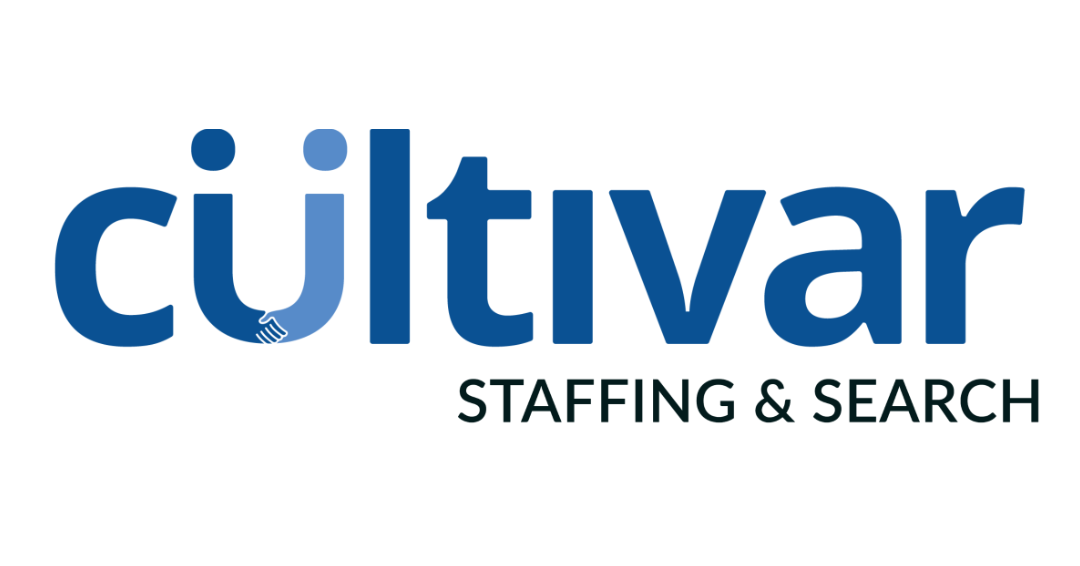HYCOMBS Project is looking for a Research Fellow : Experimental study of ammonia medium-duty engine : effect of H2 blending versus diesel pilot ignition (HYCOMBS Project)
HYCOMBS PROJECT
HYCOMBS: Hydrogen and Ammonia Combustion in Singapore
In the future, Singapore may be importing renewable energy in the form of hydrogen (H2) or ammonia (NH3). These zero-carbon fuels will require the development of new gas turbines (GTs) and internal combustion engines (ICE) used in power generation, aviation, and maritime propulsion.
This project focuses on the combustion fundamentals of hydrogen, ammonia, their blends, and their blends with hydrocarbon fuels. The knowledge acquired in HYCOMBS will enable the penetration of zero-carbon fuels in the Singapore energy system and this will benefit Singaporean industries and residents.
Read more about the HYCOMBS project here.
DESCRIPTION
In the WP4 of HYCOMBS project, the objective is to improve the combustion process in medium-duty engine. Retrofit engine in order to fill with ammonia requires some small changes, mainly relative to its auto-ignition characteristics. If the compression ratio is not higher than 20, to reach compression ignition more reactive species are needed as the pilot injection of diesel (Advanced Compression Ignition Engine) or to add a spark plug (Si engine with diesel flow field). Up today, even if the number of works on Ammonia engine increase (80 papers in 2024) it is evident that the processes are not sufficiently characterized to develop accurate tools to predict these combustion development [1], [2], [3].
The objective of this post-doc position is first to provide accurate experimental data base highly resolved in space and time to study the fundamental of combustion using NH3, blended with H2 or Diesel type fuel to help CFD model development. This will be done in an optical combustion chamber in Singapore. Second, experimental engine tests will be done in light duty and medium duty to evaluate the scale change and as a function of the 2 ignition strategies. Combustion specifications, performances and pollutant emissions with a special attention of the NOx emissions will be characterized and analyzed. This will be done in collaboration with NTU team.
Reference
1) Xinyi Zhou, Tie Li, Ning Wang, Xinran Wang, Run Chen, Shiyan Li, Pilot diesel-ignited ammonia dual fuel low-speed marine engines: A comparative analysis of ammonia premixed and high-pressure spray combustion modes with CFD simulation, Renewable and Sustainable Energy Reviews, Volume 173, 2023, 113108,
2) William F. Northrop, Modeling nitrogen species from ammonia reciprocating engine combustion in temperature-equivalence ratio space, Applications in Energy and Combustion Science, Volume 17, 2024, 100245,
3) Dupuy A, Brequigny P, Schmid A, Frapolli N, Mounaïm-Rousselle C, The Journal of Ammonia Energy 01 (2023) 011–020, Experimental study of RCCI engine – Ammonia combustion with diesel pilot injection
EXPERIENCE & QUALIFICATIONS
Ph.D. in mechanical engineering
Skills:
- Experience of engine experiments with combustion analysis
- strong experience with post-processing tools for engine combustion analyses
- oral and written communication to report to the partners and for conferences and peer-review journal.
FURTHER INFORMATION & CONTACT
Salary range: SGD 6,900 – SGD 10,000 (depending on suitability and experience)
Start May 2025
Duration: 18 months
Workplace address: The applicant will be a CNRS@CREATE appointee (CREATE Campus, CREATE Tower, 1 Create Way #08-01 Singapore 138602), and work on CREATE Campus, + some stays will be in Orléans France, Laboratoire PRISME
Interested applicants please contact: Pr. Christine MOUNAÏM-ROUSSELLE, [email protected]
Subject template for application by email:
HYCOMBS – Position – Name of the offer. Documents: CV and a recommendation letter to be sent directly by the candidate to the supervisors.
























